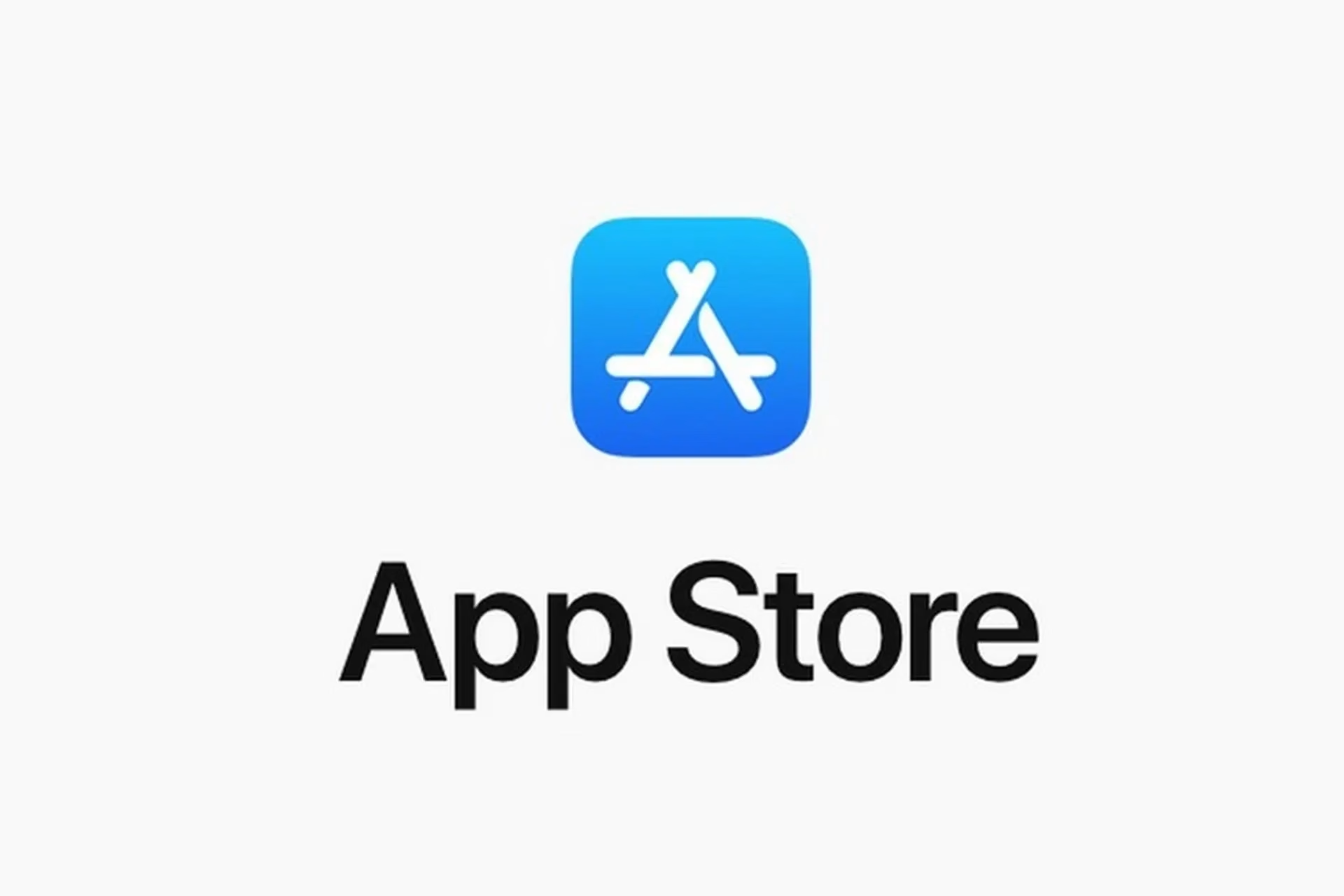Apple's 2024 App Store Transparency Report: A Look Inside the Walled Garden
Apple has just dropped its third-annual App Store Transparency Report, giving us a detailed, almost granular, look at how its massive digital marketplace operated throughout 2024 . For those of us who follow the tech world closely, these reports are more than just a stack of numbers; they're a window into the inner workings of one of the most influential platforms on the planet. This isn't just Apple being nice, by the way. It's part of a commitment stemming from a 2021 class-action settlement with developers, a move towards greater accountability, which I think is a good thing for everyone involved .
So, what does this latest report reveal? Quite a bit, actually. It covers everything from app approvals and rejections to fraud prevention efforts, app removals, and even government takedown requests across the 175 countries and regions where the App Store operates . It's a comprehensive picture, and honestly, it paints a pretty clear image of the scale of Apple's ongoing efforts to keep the App Store a safe and trusted place.
The Sheer Volume: Apps In, Apps Out
Let's talk numbers, because they're pretty staggering. In 2024, Apple reviewed an eye-watering 7.7 million app submissions . Think about that for a second. That's millions of apps, updates, and new versions constantly flowing through their review process. And it's not just a rubber stamp operation. Out of those 7.7 million, over 1.9 million apps were rejected . Nearly one in four submissions didn't make the cut.
Why so many rejections? The report details a few key reasons. Many were for failing to meet Apple's stringent standards around performance or design. Others fell afoul of business practice rules, or were flagged for spam, legal non-compliance, or, perhaps most concerning, attempts to bypass Apple's rules altogether . It's a constant cat-and-mouse game, isn't it? Developers pushing boundaries, Apple trying to maintain a consistent, high-quality experience.
Cracking Down on Fraud and Bad Actors
It's a reminder that the digital world, for all its convenience, is rife with bad actors trying to exploit systems. Apple's efforts here are commendable, though I'm sure some developers, perhaps unfairly caught in the crossfire, might disagree. Speaking of which, the report notes 8,132 terminated developer account appeals, with 225 accounts ultimately restored . So, there's a process, albeit a challenging one, for developers to plead their case. It's not a perfect system, but it's there.
The Global Landscape and Regulatory Headwinds
The report also sheds light on government takedown requests. It's fascinating to see which countries are most active in this regard. China mainland led the pack with 78 requests, followed closely by the United States with 71 . India, the UK, and Türkiye also featured prominently. These figures underscore the varied regulatory environments Apple navigates globally, often having to comply with local laws that dictate what content can or cannot be available.
And let's not forget the elephant in the room: regulatory pressure. The 2024 transparency report arrives at a time when Apple is under intense scrutiny, particularly in the European Union. The Digital Markets Act (DMA) is forcing significant changes to how Apple handles app distribution and payments, pushing for more openness and competition . This report, in a way, serves as Apple's argument for its current gatekeeping role, highlighting the immense effort it puts into maintaining a secure and curated ecosystem. It's a tough tightrope walk for them, balancing control with increasing demands for openness.
What Does This Mean for Us?
For users, these numbers should offer some reassurance. The sheer volume of rejections and removals suggests that Apple is indeed working hard to keep malware, scams, and low-quality apps off our devices. For developers, it reinforces the need to adhere strictly to the guidelines. It's a competitive landscape, and getting an app approved is no small feat.
Ultimately, Apple's 2024 App Store Transparency Report is a valuable document. It provides a level of insight that was unthinkable just a few years ago. While critics will always argue for more transparency (and rightly so, in many cases), this report is a significant step forward. It allows us to better understand the scale of the App Store's operations and the challenges involved in maintaining such a vast and vital digital economy. It's a complex picture, but one worth examining closely.
